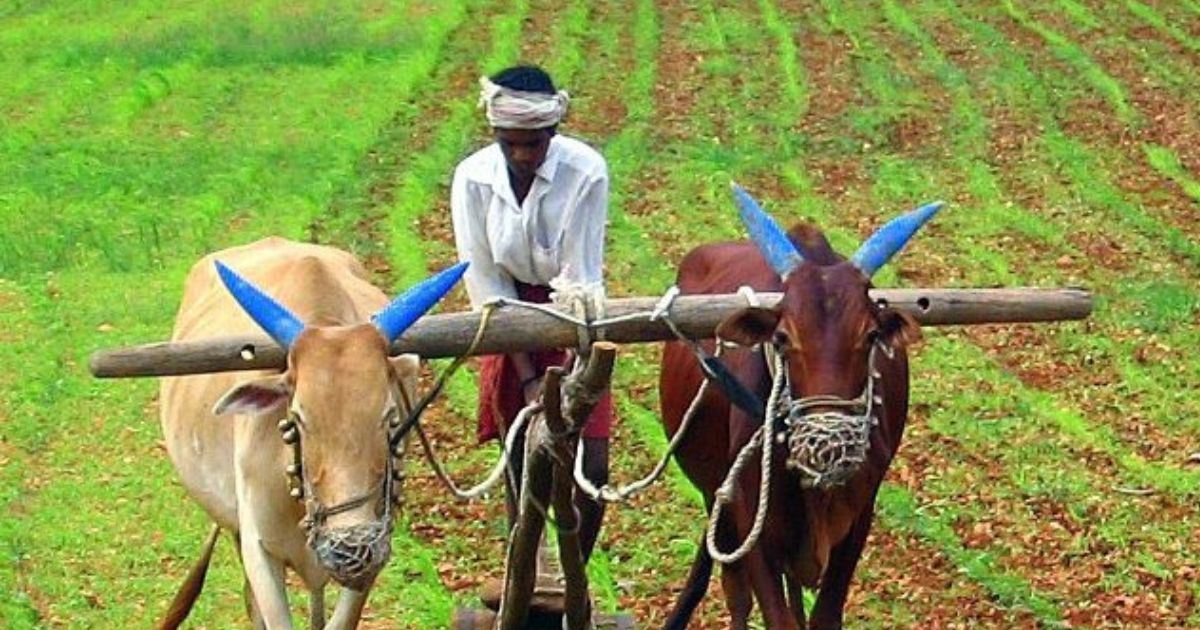Govt announces Rs14,235-cr outlay for 7 major agriculture schemes
03 Sep 2024

The center on Monday announced seven major schemes, involving a total outlay of Rs14,235.30 crore, for improving the lives and livelihoods of farmers across the country.
A meeting of the union cabinet, chaired by Prime Minister Narendra Modi, granted approval for the seven schemes, which include Digital Agriculture Mission, Crop Science for Food and Nutritional Security, Strengthening Agricultural Education, Management and Social Sciences, Sustainable Livestock Health and Production, Sustainable Development of Horticulture, Strengthening of Krishi Vigyan Kendra and Natural Resource Management.
Digital Agriculture Mission, with an outlay of Rs2,817 crore, which is based on the Digital Public Infrastructure, will use technology for improving farmers’ lives. The mission has two foundational pillars - Agri Stack comprising Farmers registry, Village land maps registry and Crop sown registry, while the other pillar, Krishi Decision Support System comprises Geospatial data, Drought/flood monitoring, Weather/satellite data, Groundwater/water availability data and Modelling for crop yield and insurance.
The mission provides for agricultural activities such as soil profiling, digital crop estimation, digital yield modelling, connect for crop loan, modern technologies like AI and Big Data, besides connecting with buyers and making new knowledge available on mobile phones.
It will support cultivators and tenant farmers, as per the policy of the respective state government while sharing relevant data with state and central governments data on livestock, fisheries, soil health, other vocations, family details and schemes and benefits availed.
Crop science for food and nutritional security, with a total outlay of Rs3,979 crore, will prepare farmers for climate resilience with the aim of ensuring food security by 2047.
The mission provides for research and education, plant genetic resource management, genetic improvement for food and fodder crop, pulse and oilseed crop as also improvement of commercial crops and research on insects, microbes, pollinators etc.
The mission has allocated Rs2,291 crore for strengthening agricultural education, management and social sciences, in order to prepare students and researchers for current challenges.
Functioning under the Indian Council of Agricultural Research, it would aim at modernising agricultural research and education in line with the New Education Policy while using latest technology tools such as Digital DPI, AI, big data, remote, etc. It would also include areas like natural farming and climate resilience.
The mission has allocated Rs1,072 crore for sustainable livestock health and production, also with the aim of increasing farmers’ income from livestock and dairying.
It is anchored on animal health management and veterinary education, dairy production and technology development, animal genetic resource management, production and improvement, animal nutrition and small ruminant production and development.
With an outlay of Rs1,129.30 crore, sustainable development of horticulture aims at increasing farmers’ income from horticulture plants.
It will deal with issues concerning tropical, sub-tropical and temperate horticulture crops, including root, tuber, bulbous and arid crops, vegetables, floriculture, and mushroom crops, besides plantation, spices, medicinal, and aromatic plants.
Besides, the mission has allocated Rs1,202 crore for strengthening Krishi Vigyan Kendras and another Rs1,115 crore for management of natural resources.
The centre will be signing memoranda of understanding (MoU) with state governments to create and implement the DPI for agriculture. So far, 19 states have signed MoUs with the ministry of agriculture. The basic IT infrastructure for implementing AgriStack has been developed and already tested on a pilot basis.
The ministry of agriculture and farmers’ welfare on Monday conducted a stakeholder consultation on Horticulture Clusters and Value Chain Development at Krishi Bhawan, New Delhi, which brought together a diverse range of stakeholders, including farmer groups, government agencies, ministries, start-ups and private sector players, to deliberate on the way forward for agriculture.




















